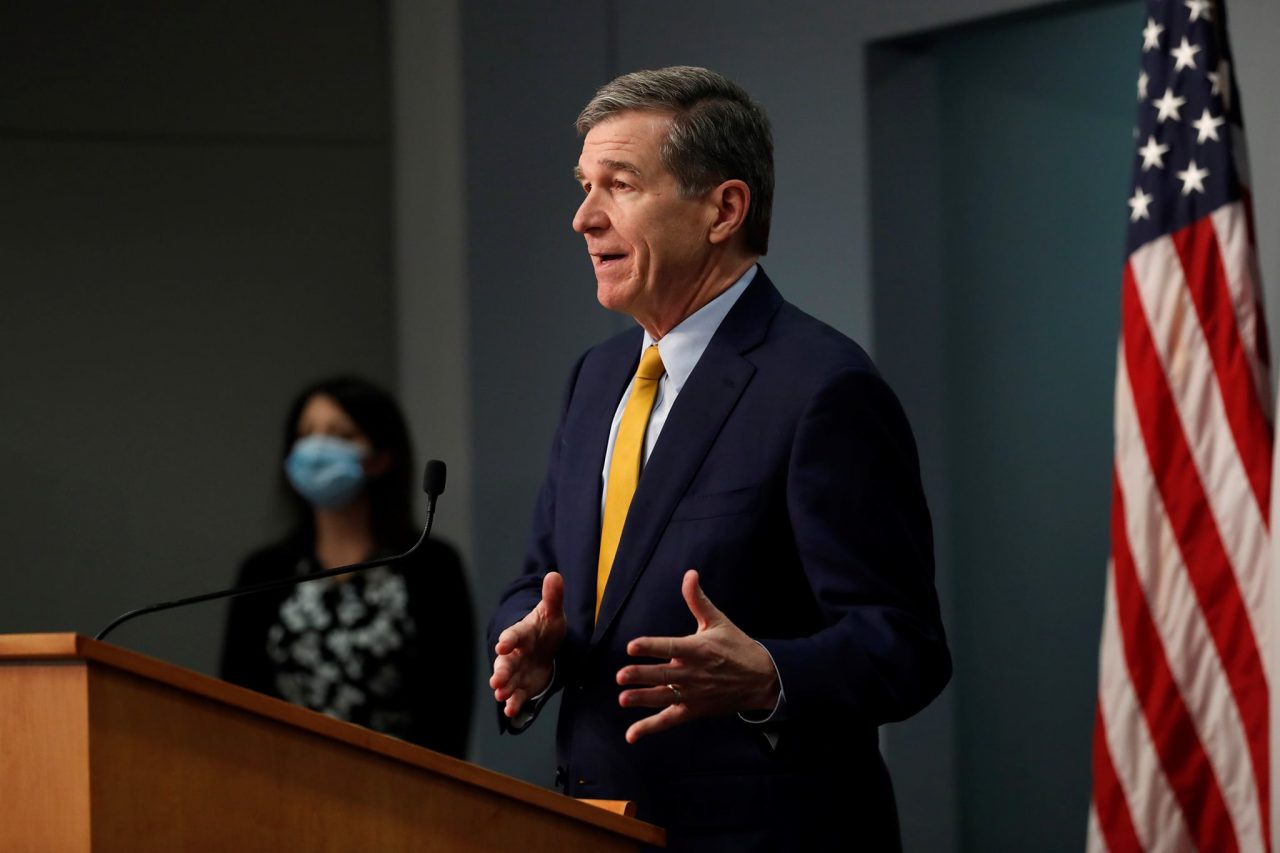
Gov. Roy Cooper on Friday vetoed recently passed legislation that he said would undo protections for half of the state’s wetlands.
Language in Senate Bill 582, the 2023 Farm Act, would restrict the wetlands that the state can regulate to those that are considered waters of the United States, often called WOTUS. This means that the state would no longer have the authority to protect federally nonjurisdictional, or isolated, wetlands.
Supporter Spotlight
“The provision in this bill that severely weakens protection for wetlands means more severe flooding for homes, roads and businesses and dirtier water for our people, particularly in eastern North Carolina,” Cooper said in a statement.
“This provision coupled with the drastic weakening of federal rules caused by the U.S. Supreme Court’s recent decision in the Sackett case, leaves approximately 2.5 million acres, or about one half of our state’s wetlands, unprotected,” he continued. “The General Assembly has allocated tens of millions of dollars to protect the state from flooding and my administration is working to stop pollution like PFAS and other contaminants. This bill reverses our progress and leaves the state vulnerable without vital flood mitigation and water purification tools.”
Related: Bill limiting NC wetland protections sent to Gov. Cooper
The North Carolina Department of Environmental Quality, in a memo Thursday, said that based on preliminary analysis and data, a recent U.S. Supreme Court decision combined with Section 15 of the bill could result in loss of wetland protections for an area that’s more than 7% of the state’s total landmass.
Based on data from a 1990s analysis, DEQ researchers put areas such as pocosin, maritime forests, managed pinelands and pine and hardwood flats at high risk of losing the protections if the Farm Bill were to be enacted.
Supporter Spotlight
The estimates were qualified based on the age of the data, DEQ noted. “Some of these wetlands may no longer exist or may no longer be protected under existing state law. The estimate also does not include wetlands smaller than an acre.
Southern Environmental Law Center Senior Attorney Derb Carter applauded the veto and sent a letter to Cooper.
“Our wetlands have incredible value with the ability to retain flood waters, filter pollution, replenish groundwater that most of our citizens rely on for drinking water, and provide habitat to fish and wildlife,” Carter said in a statement, adding that he couldn’t think of another single action taken during his 40-year career that would have “a greater long-term adverse impact on North Carolina’s water quality and natural resources than abandoning state wetlands protections — harm that will be made even worse by the loss of federal protections from the recent Supreme Court decision in Sackett v. EPA. From our unique mountain bogs to namesake Carolina Bays, bottomland swamps, and unique pocosins, our wetlands are a state natural treasure.”
A veto-override is expected unless a Republican can be persuaded otherwise.
Cooper also on Friday signed into law numerous other bills. One with potential environmental implications was Senate Bill 673. The Wastewater Regulatory Relief Act sets requirements for sewer line extension permitting, including engineering evaluations of projected needs. It features a provision that allows counties with projected yearly population growth above 2% to allocate wastewater treatment system capacity beyond the system’s design as long as a contract to expand the plant is signed or ongoing expansion is to be complete within prescribed time periods.
Senate Bill 22 renames the Outdoor Heritage Advisory Council to the North Carolina Youth Outdoor Engagement Commission. The commission is under the North Carolina Wildlife Resources Commission for organizational and budgetary purposes only and advises state agencies and the General Assembly “on the promotion of outdoor recreational activities, including, but not limited to, hiking, horseback riding, boating, sport shooting and archery, bird watching and wildlife watching, camping, swimming, hunting, trapping, and fishing in order to preserve North Carolina’s outdoor heritage for future generations and use grants and programming to promote the outdoor recreational activities …” according to the measure.
Cooper’s office said the governor declined to sign into law House Bill 130, which among other things sets requirements for decommissioning and site restoration for utility-scale solar projects, including financial assurances. But the measure also bars counties from adopting ordinances that limit “energy choice,” such as those that prohibit connections to certain energy sources or against the sale or installation of appliances such as gas stoves.







